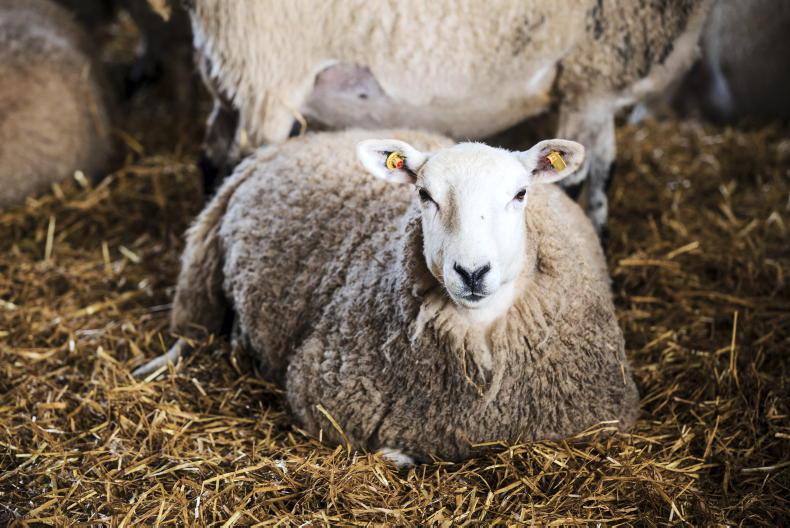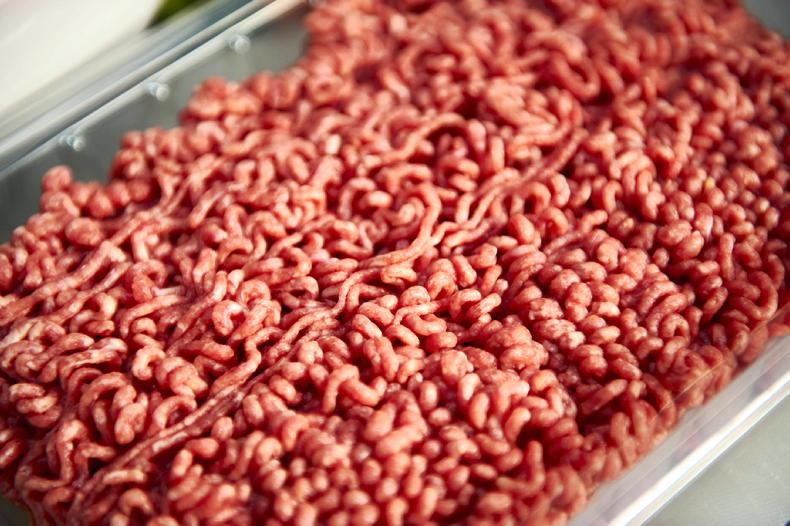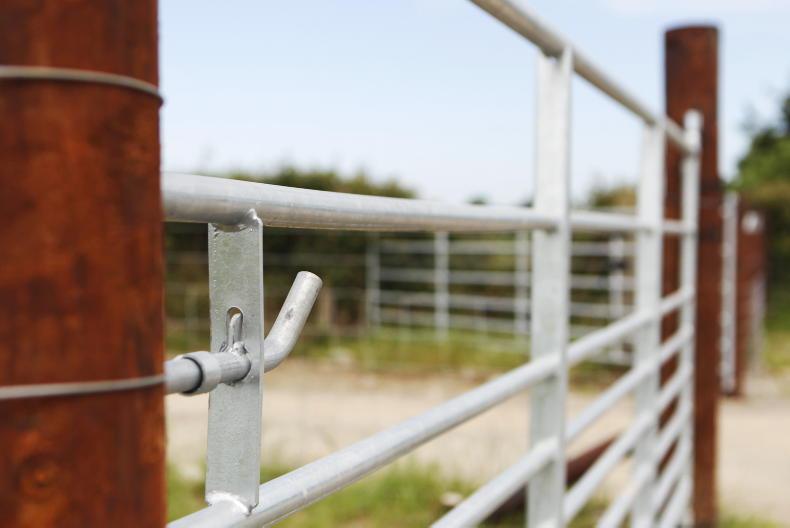The committee unanimously approved the report prepared by Irish MEP Matt Carthy on antimicrobial resistance (AMR). The European Parliament's position will form part of new rules to be drawn up with other EU institutions to tackle the rise of drug-resistant bugs and ensure the availability of efficient antibiotics for humans and animals in the future.
Better hygiene and vaccination
Agri MEPs have joined the World Health Organisation in calling for an end to the preventative use of antibiotics in animals. The "livestock farming sector should focus on maintaining good hygiene, housing and animal husbandry and strict biosecurity measures and never use antibiotics as a compensation for lack of these," the committee said in a statement. Vaccination should be favoured and vets should not receive incentives to prescribe antibiotics, MEPs added.
"The efforts made by European farmers to reduce AMR must be reflected elsewhere," said Carthy. "It is unrealistic and unfair to ask Irish farmers to change their practices if competitors elsewhere in the world are subject to different rules and expectations. Mercosur trade negotiations are just one example of where Irish farmers are being directly threatened by cheaper produce."
Avoid situations when some farmers remain active just to continue benefiting from subsidies
Agri MEPs also adopted a resolution suggesting new ideas to support young farmers. "To avoid situations when some farmers remain active just to continue benefiting from subsidies, even with minimum level of agricultural activities, blocking thus access to land for new entrants, they recommend increasing activity levels, counting real working time spent farming, considering new farming models and innovative practices applied, and targeting support towards particular achievements, such as environmental or social goods," the committee reported.
Erasmus-type programme
It also recommended the modernisation of training programmes including international mobility such as the Erasmus programme popular with students in other sectors.
Access to finance should be facilitated through subsidised interest rates on loans for new entrants to farming, the MEPs added.
These suggestions are not part of a formal legislative process, but they come at a time when EU institutions are beginning negotiations on the future Common Agricultural Policy.
The European young farmers' organisation CEJA has welcomed the proposals and called for matching funds in the next EU budget to be unveiled next week.
"This draft report can serve as a good reference for the discussions on the CAP post-2020,” said CEJA president Jannes Maes.
Read more
World health body recommends end to preventative antibiotics use
Government launches antimicrobial resistance plan
Irish antibiotic use falling
The committee unanimously approved the report prepared by Irish MEP Matt Carthy on antimicrobial resistance (AMR). The European Parliament's position will form part of new rules to be drawn up with other EU institutions to tackle the rise of drug-resistant bugs and ensure the availability of efficient antibiotics for humans and animals in the future.
Better hygiene and vaccination
Agri MEPs have joined the World Health Organisation in calling for an end to the preventative use of antibiotics in animals. The "livestock farming sector should focus on maintaining good hygiene, housing and animal husbandry and strict biosecurity measures and never use antibiotics as a compensation for lack of these," the committee said in a statement. Vaccination should be favoured and vets should not receive incentives to prescribe antibiotics, MEPs added.
"The efforts made by European farmers to reduce AMR must be reflected elsewhere," said Carthy. "It is unrealistic and unfair to ask Irish farmers to change their practices if competitors elsewhere in the world are subject to different rules and expectations. Mercosur trade negotiations are just one example of where Irish farmers are being directly threatened by cheaper produce."
Avoid situations when some farmers remain active just to continue benefiting from subsidies
Agri MEPs also adopted a resolution suggesting new ideas to support young farmers. "To avoid situations when some farmers remain active just to continue benefiting from subsidies, even with minimum level of agricultural activities, blocking thus access to land for new entrants, they recommend increasing activity levels, counting real working time spent farming, considering new farming models and innovative practices applied, and targeting support towards particular achievements, such as environmental or social goods," the committee reported.
Erasmus-type programme
It also recommended the modernisation of training programmes including international mobility such as the Erasmus programme popular with students in other sectors.
Access to finance should be facilitated through subsidised interest rates on loans for new entrants to farming, the MEPs added.
These suggestions are not part of a formal legislative process, but they come at a time when EU institutions are beginning negotiations on the future Common Agricultural Policy.
The European young farmers' organisation CEJA has welcomed the proposals and called for matching funds in the next EU budget to be unveiled next week.
"This draft report can serve as a good reference for the discussions on the CAP post-2020,” said CEJA president Jannes Maes.
Read more
World health body recommends end to preventative antibiotics use
Government launches antimicrobial resistance plan
Irish antibiotic use falling









SHARING OPTIONS